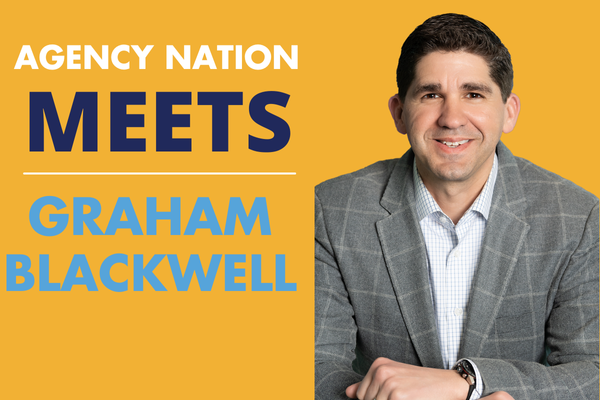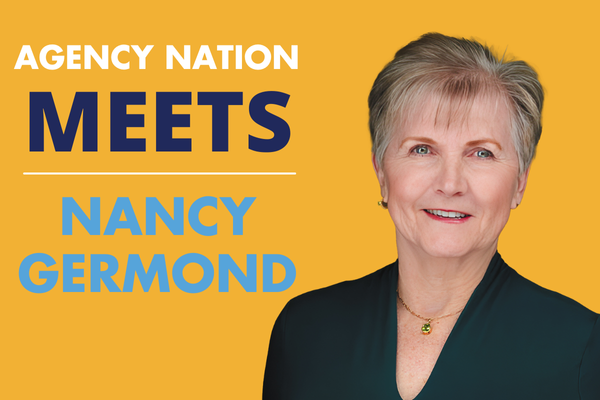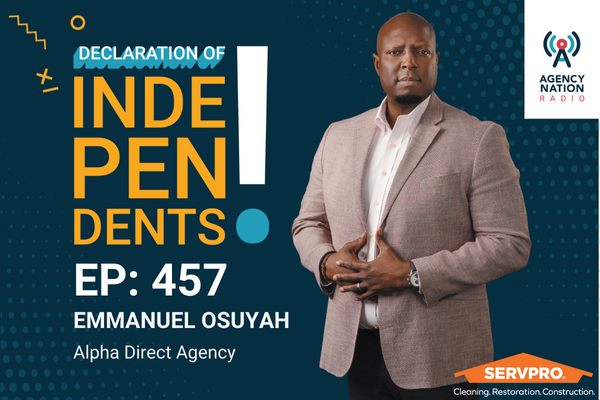Choosing a Fixed- or Variable-Rate Loan When Financing a Growth Opportunity

By: Alicia Chandler
Successful business owners know they must always be on the lookout for new opportunities if they want their company to grow. For independent insurance agents, those opportunities might look like buying another agency or book of business, adding new producers, investing in new technologies or financing succession.
It’s sometimes an unfortunate reality that the timing of opportunities and the cash flow to take advantage of them don’t always align. The current economic situation is a perfect example. A great opportunity might present itself, but uncertainties about interest rates may cause an agency owner to hesitate if the deal requires debt financing. If an opportunity is sound and its risk is manageable, taking on loan debt to finance it may be worthwhile. But which is better—fixed- or variable-rate financing?
Fixed Rate vs. Variable Rates
Fixed-rate loans are fairly self-explanatory. The lender assesses the borrower’s credit rating, amount of down payment, purpose of the loan and overall parameters of the lending agency, then sets an interest rate that applies for the full term of the loan.
With variable-rate loans, the interest rate is linked to certain indexes, including the U.S. Treasury Rate and others, plus a margin added by the lender. As the indexes vary, so does the interest rate of the loan, meaning that the borrower’s payments may go up or down as economic conditions change.
Benefits and Drawbacks of Each Type
When a borrower has a fixed-rate loan, they always know what the monthly payment will be. Cash-flow planning is easier and financial projections can be more accurate. However, the starting interest rate on a fixed-rate loan is almost always higher than that of a variable one.
Variable-rate loans start out with a lower interest rate, but the rate may go up or down throughout the term of the loan. If the variable-rate loan is a mortgage, it is called an adjustable-rate mortgage (ARM).
With ARMs, the rate will sometimes remain fixed for a certain period but then becomes subject to variability. An example is a 5/1 ARM, where 5 is the number of years the percentage rate remains fixed, and 1 is the percentage point it goes up by at the end of the fixed term. Variable-rate loans are attractive when economic conditions suggest that interest rates are likely to remain steady or decline.
Since March 2022, the Federal Open Market Committee (FOMC) has raised the Federal Funds Rate at nearly every single one of its meetings in an attempt to curb inflation, according to AP News. Each time that rate increases, so do interest rates for borrowers. In the past year when interest rates were increasing, having a fixed-rate loan may have been the best option for borrowers.
When inflation numbers began to cool early in 2023, however, the FOMC still raised rates, but by lower amounts with 25-point increases compared to earlier 50- and 75-point rises. Slowing but still persistent inflation coupled with the recent failure of Silicon Valley Bank and the buyout of Credit Suisse has led some industry experts to predict that the Federal Funds Rate will top out in late 2023 to early 2024, according to CME Group’s FedWatch Tool. While no one can predict such changes with 100% accuracy, there is a growing sense that the peak of interest rates may be in view.
Given this climate, variable-rate loans may be worth considering, especially if a good opportunity for agency growth presents itself. Consulting a CPA, financial advisor, and a trusted lending partner can help you determine how best to finance whatever project you have in mind for growing your business.
Alicia Chandler is president of Indianapolis-based Oak Street Funding, a First Financial Bank company, with customized loan products and services for specialty lines of business including certified public accountants, registered investment advisors and insurance agents nationwide.









